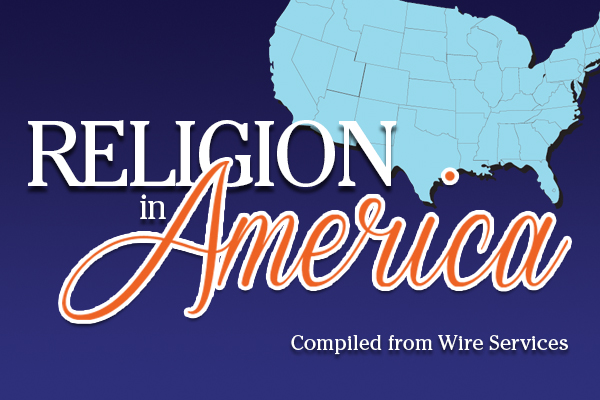History books are full of dates that mark seminal events: 1517, when Martin Luther nailed his 95 theses to the church door and launched the Protestant Reformation; or 1973, when the Supreme Court legalized abortion.
Those boldface dates are preceded by less prominent but nonetheless decisive times: 1516, when a Dominican named Johann Tetzel led the sale of indulgences that deeply angered Luther; and 1970, when a young woman named Norma McCorvey (Jane Roe) filed suit to obtain an abortion.
2007 may be recorded as such a pivotal year for religion and politics — relatively quiet, unremarkable at first glance, but nonetheless significant as a harbinger of things to come.
“There are a lot of discrete things, but if you put them all together, you get the sense that change is in the air,” said John Green, a senior fellow at the Pew Forum on Religion & Public Life.
The realignment of the religious right is perhaps the biggest religion story of 2007 and the one most likely to affect 2008. The religious right is far from dead but leaves the year significantly altered:
- The deaths of Jerry Falwell, D. James Kennedy and even Tammy Faye Bakker Messner signaled a passing of the guard to a new generation of less doctrinaire conservatives with a broader social agenda.
- The Christian Coalition decided to sit out the 2008 presidential race, and the new president of the National Association of Evangelicals said he’d rather conduct a wedding or funeral than meet with White House hopefuls.
- Pat Robertson pronounced Rudy Giuliani an “acceptable” choice despite his support of abortion rights, civil unions and his own three marriages. “To me, the overriding issue … is the defense of our population from the bloodlust of Islamic terrorists,” Robertson said.
In other indications that something is shifting, a Mormon won the endorsement of the head of ultraconservative Bob Jones University in Greenville, S.C.; an anti-abortion former Southern Baptist pastor-turned-governor from the Bible Belt struggled to gain traction until recently; and megachurch pastor Rick Warren invited Hillary Clinton to talk about AIDS.
Even some of the biggest names in religious broadcasting ended the year under a cloud of scrutiny after Sen. Chuck Grassley, R-Iowa, requested financial records in a probe of lavish spending by six television ministries.
Elections could impact
“The religious right is not dead,” said Laura Olson, a political scientist at Clemson University in South Carolina, “but it certainly has begun to look different lately.”
All of this could change — dramatically — once nominees are chosen in the first months of 2008. A Clinton win could rally evangelical “values voters” against her, just as a Giuliani win could mobilize at least some evangelicals against him.
“Most would still vote for Giuliani or Mitt Romney against Hillary Clinton, but there’d be a lot less enthusiasm,” said Marvin Olasky, editor of World Magazine. “Would they stay home? Most would not, but a significant slice might. Would they vote for a third party? Most would not, but again, a significant slice might, to make a big difference.”
Either way, the religious right seems uncharacteristically splintered, demoralized and disengaged heading into a 2008 election year. Alan Wolfe, director of the Boisi Center for Religion and American Public Life at Boston College, says religion is losing its grip on the voting booth.
“We’ve got big foreign policy problems, a suffering economy — those are the rock-bottom issues that people are going back to, and religion doesn’t really help with those issues,” he said.
One issue that remains unsettled is how Giuliani, a Catholic, will navigate relations with the church hierarchy over his support of abortion rights. In November, Catholic bishops said abortion remains a pre-eminent issue and warned Catholic voters that electoral decisions “may affect the individual’s salvation.”




Share with others: